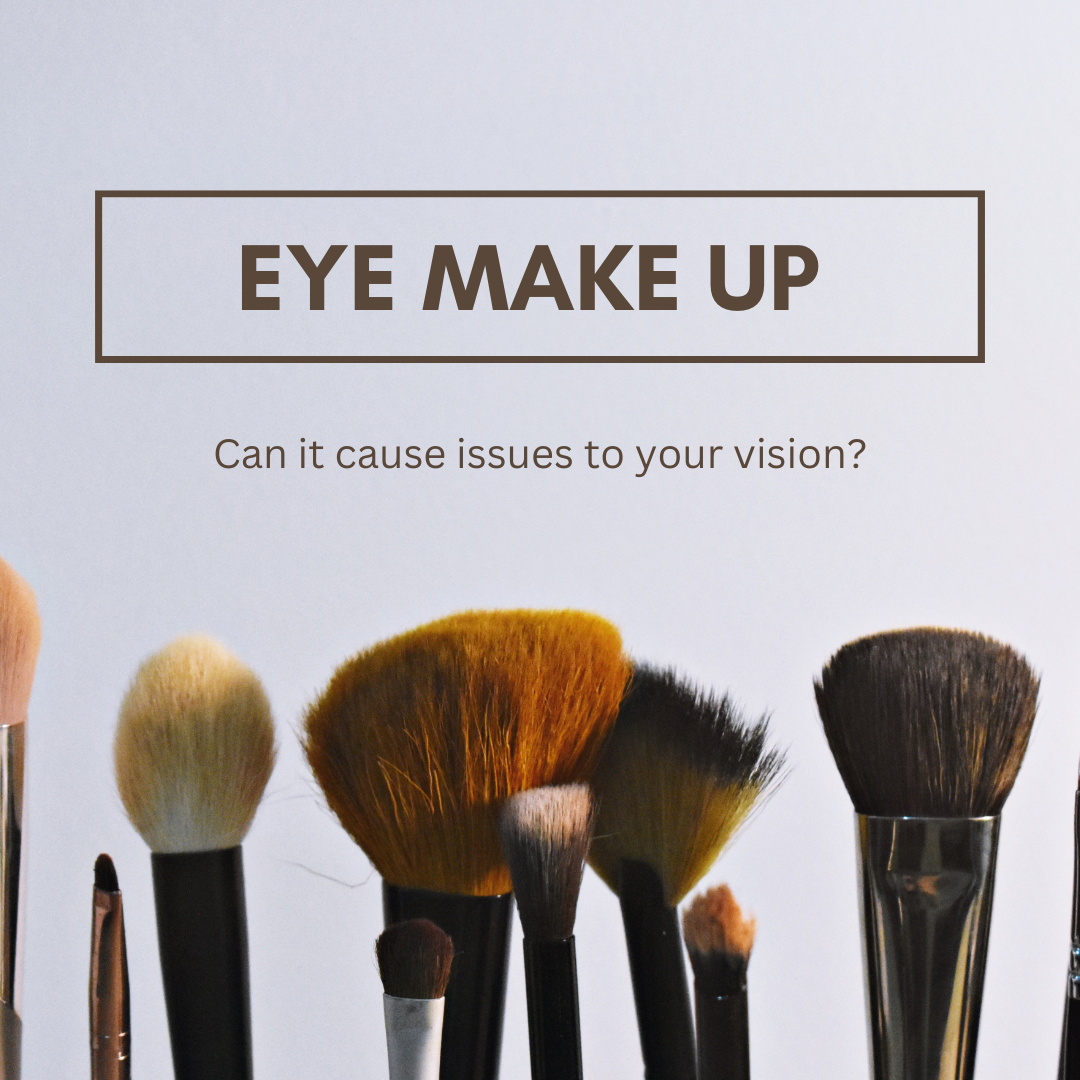We have mentioned many times how important it is to wear sunglasses every day. We want to make sure your eyes are protected from UV rays, just like your skin, your eyes can be damaged by too much sunlight. If you do not protect your eyes from damaging UV rays, over time it can lead to macular degeneration, cataracts, and damage to your cornea and lens.
HOW TO CHOOSE SUNGLASSES
When choosing sunglasses it is important to realize that not all sunglasses are created equal. Some things to keep a lookout for when shopping for sunglasses are:
- A sticker or tag that says the glasses provide 100% UV protection from all UV light.
- The darkest lens does not equate to the most protection. Without a sticker or tag saying it, it doesn’t protect against UV rays.
- Polarized lenses do not protect against UV rays. They are designed to reduce glare that bounces off reflective surfaces. There are polarized lenses that have UV blocking substances in them, but not all polarized lenses do.
- When picking glasses for protective purposes, the bigger the lens the better. Them more of your face the sunglasses cover, the more protection they offer.
- It doesn’t matter what color the lenses are. Regardless of the mirror finish or the color of the lens, its not going to make a difference when it comes to UV protection.
DETERMINING QUALITY LENSES
When trying on non-prescription sunglasses there are a couple tricks you can use to determine how well the lenses are made.
-Start by looking at something that has some straight lines, like a tile ceiling or floor.
-Hold the glasses away from your face and cover one of your eyes. Move the glasses up and down, and side to side while looking through the lenses with your uncovered eye.
-If the lines stay straight, they are most likely quality lenses, if the lines appear wavy they are probably not the best quality.
As always, if you come in to see us, we will make sure to fit you with the highest quality sunglasses whether you need a prescription or not. We pride ourselves on our customer service and making sure each client gets the attention they need!


